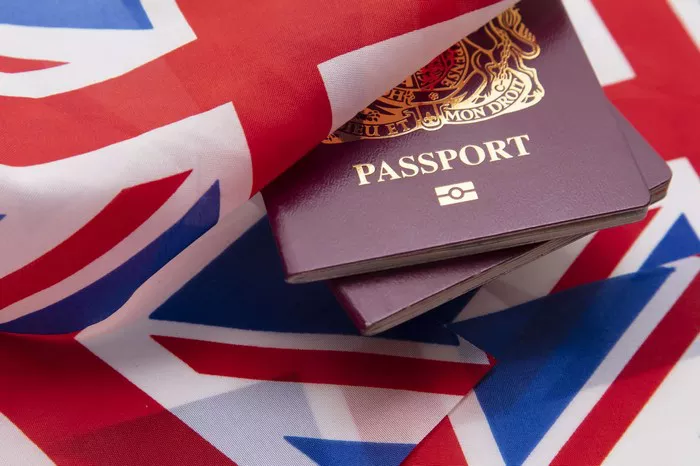The United Kingdom, with its rich history, diverse culture, and thriving economy, has long been a destination for individuals seeking opportunities for study, work, and residency. Among those who migrate to the UK, many bring their families with them, leading to the necessity of understanding the visa options available for dependents.
Introduction to Dependent Visas
Dependent visas in the UK are designed to allow the family members of individuals who are either settled in the UK or are coming to the UK for work or study to join them. These visas enable spouses, partners, children, and sometimes other family members to live, work, and study in the UK alongside the primary visa holder.
Types of Dependent Visas
There are several types of dependent visas available in the UK, each catering to specific circumstances and relationships:
1. Spouse or Partner Visa: This visa category allows spouses, civil partners, unmarried partners, and same-sex partners to join their partner in the UK. Applicants must prove that they are in a genuine and subsisting relationship and meet financial and accommodation requirements.
2 .Child Dependent Visa: Children under the age of 18 can apply for this visa to join one or both parents in the UK. Alternatively, children who are already in the UK on a different visa may be eligible to switch to a child dependent visa.
3. Parent of a Child Student Visa: This visa is for parents of children studying in the UK on a Child Student visa. It allows parents to accompany their child to the UK and stay for the duration of the child’s studies.
4. Adult Dependent Relative Visa: This visa is for elderly parents or relatives who require long-term care and support from a relative settled in the UK. Applicants must demonstrate that they need daily assistance with everyday tasks due to illness, disability, or age, and that they cannot receive the required care in their home country.
Eligibility Criteria
Each type of dependent visa has its own set of eligibility criteria, but common requirements include:
Proof of relationship to the primary visa holder (e.g., marriage certificate, birth certificate)
Proof of sufficient funds to support oneself without recourse to public funds
Adequate accommodation in the UK
English language proficiency (in some cases)
Compliance with UK immigration laws and regulations
Application Process
The application process for dependent visas typically involves the following steps:
1. Gather Documents: Collect all necessary documents, including proof of identity, relationship, finances, and accommodation.
2. Complete Application Form: Fill out the appropriate visa application form online or via paper application, providing accurate and complete information.
3. Biometric Appointment: Schedule an appointment to provide biometric data (fingerprints and photograph) at a designated visa application center.
4. Attend Visa Interview: Depending on the type of visa and individual circumstances, applicants may be required to attend an interview to further assess their eligibility.
5. Wait for Decision: Once the application is submitted, wait for a decision from UK Visas and Immigration (UKVI). Processing times vary depending on the type of visa and the country where the application is made.
6. Receive Visa Decision: If the visa is approved, the applicant will receive a visa vignette in their passport or a digital immigration status confirming their permission to enter and stay in the UK.
Financial Requirements
Financial requirements for dependent visas are designed to ensure that the applicant can support themselves financially without relying on public funds. The specific financial thresholds vary depending on the visa category and whether the primary visa holder is already settled in the UK or coming to the UK for the first time. Applicants may need to demonstrate a minimum level of income, savings, or financial support from the primary visa holder.
Accommodation Requirements
Applicants for dependent visas must provide evidence of suitable accommodation in the UK. This typically involves providing a rental agreement, mortgage documents, or a letter from the primary visa holder confirming that suitable accommodation is available.
Impact of Brexit
Following the UK’s departure from the European Union, there have been changes to immigration rules and procedures for EU citizens and their family members. While the UK-EU Trade and Cooperation Agreement includes provisions for the rights of EU citizens already living in the UK, new rules apply to EU citizens moving to the UK after the end of the Brexit transition period. Family members of EU citizens moving to the UK may need to apply for a family permit or a relevant visa under the UK’s points-based immigration system.
Conclusion
Dependent visas play a crucial role in allowing family members to join their loved ones in the UK and contribute to society. By understanding the different types of dependent visas, eligibility criteria, application process, and financial and accommodation requirements, individuals can navigate the immigration system with greater clarity and confidence. As the UK continues to evolve its immigration policies, staying informed about updates and changes is essential for anyone considering applying for a dependent visa.


